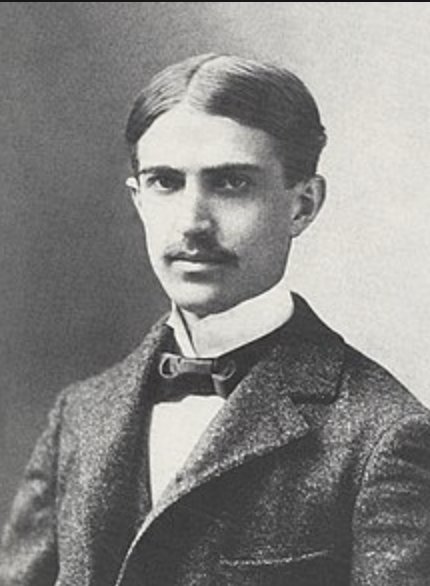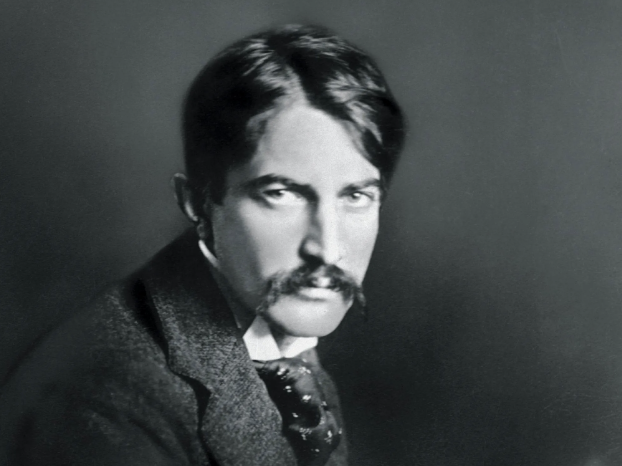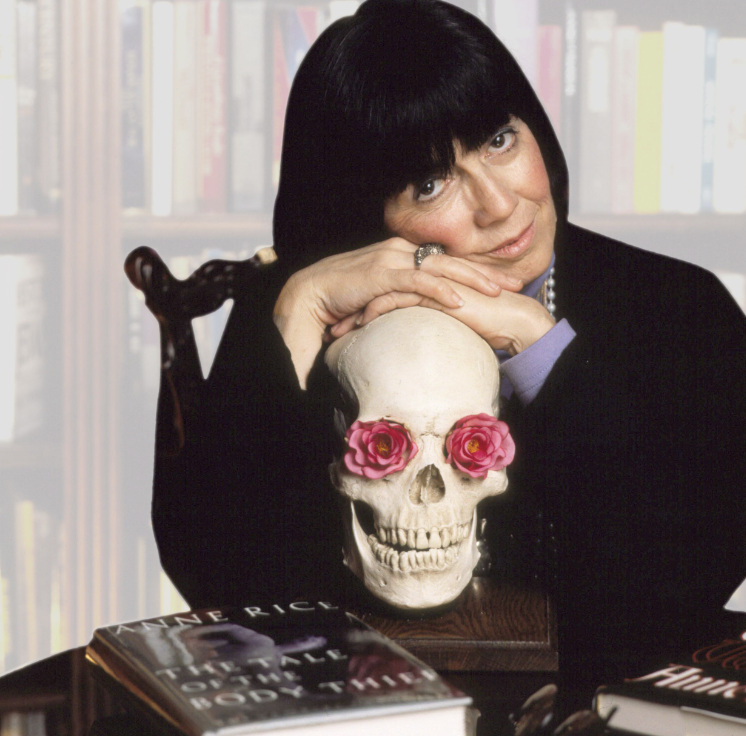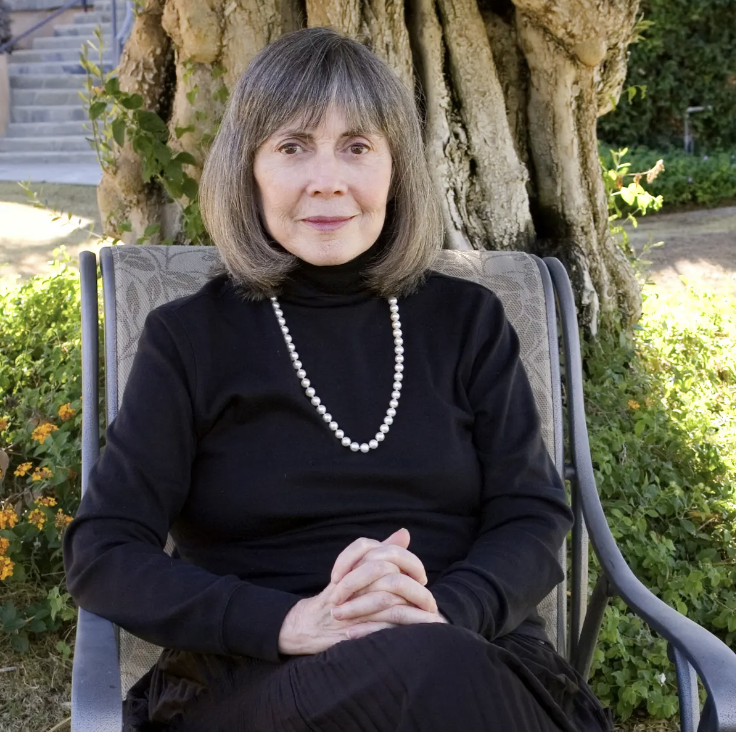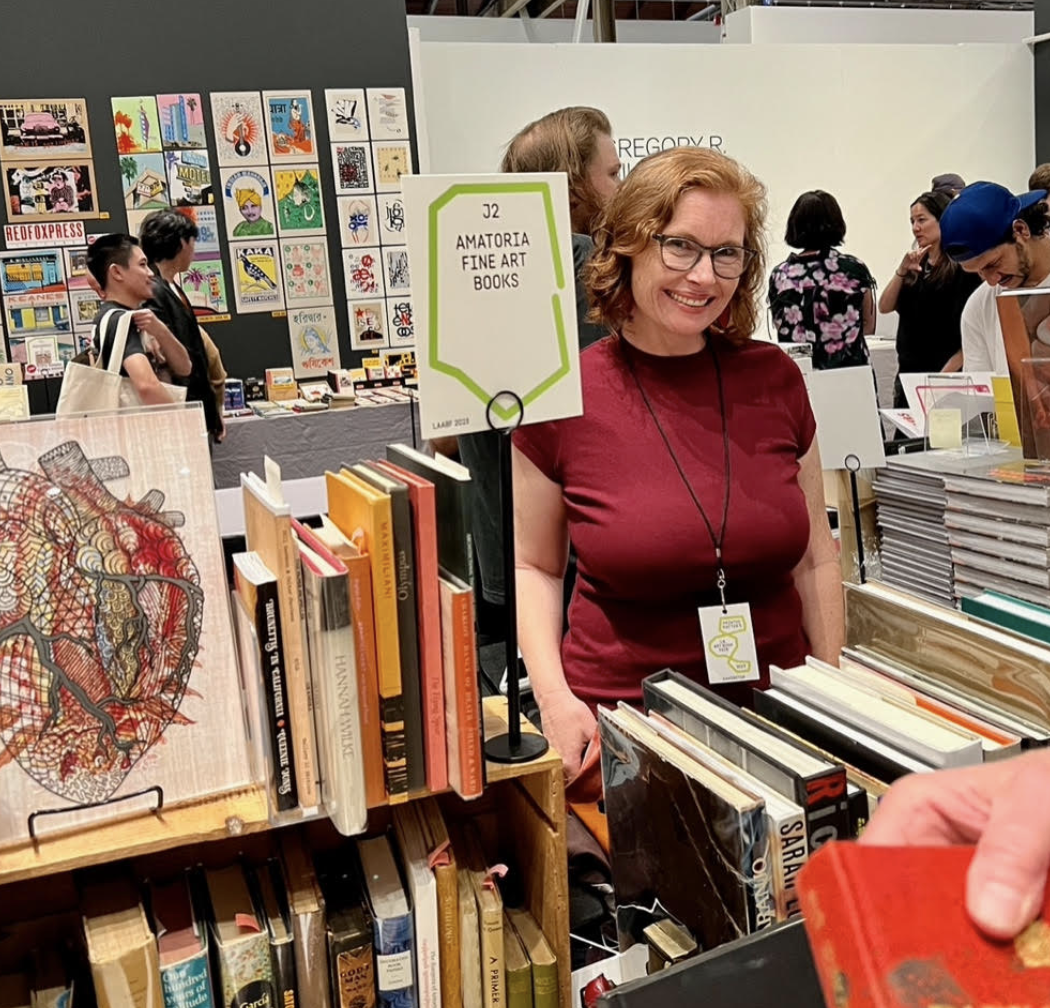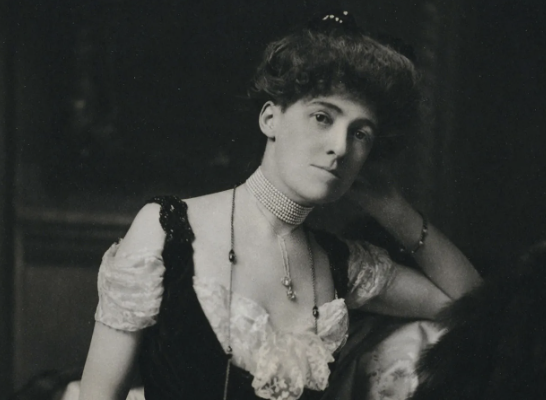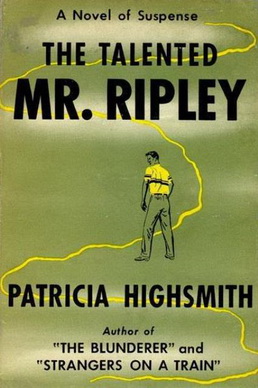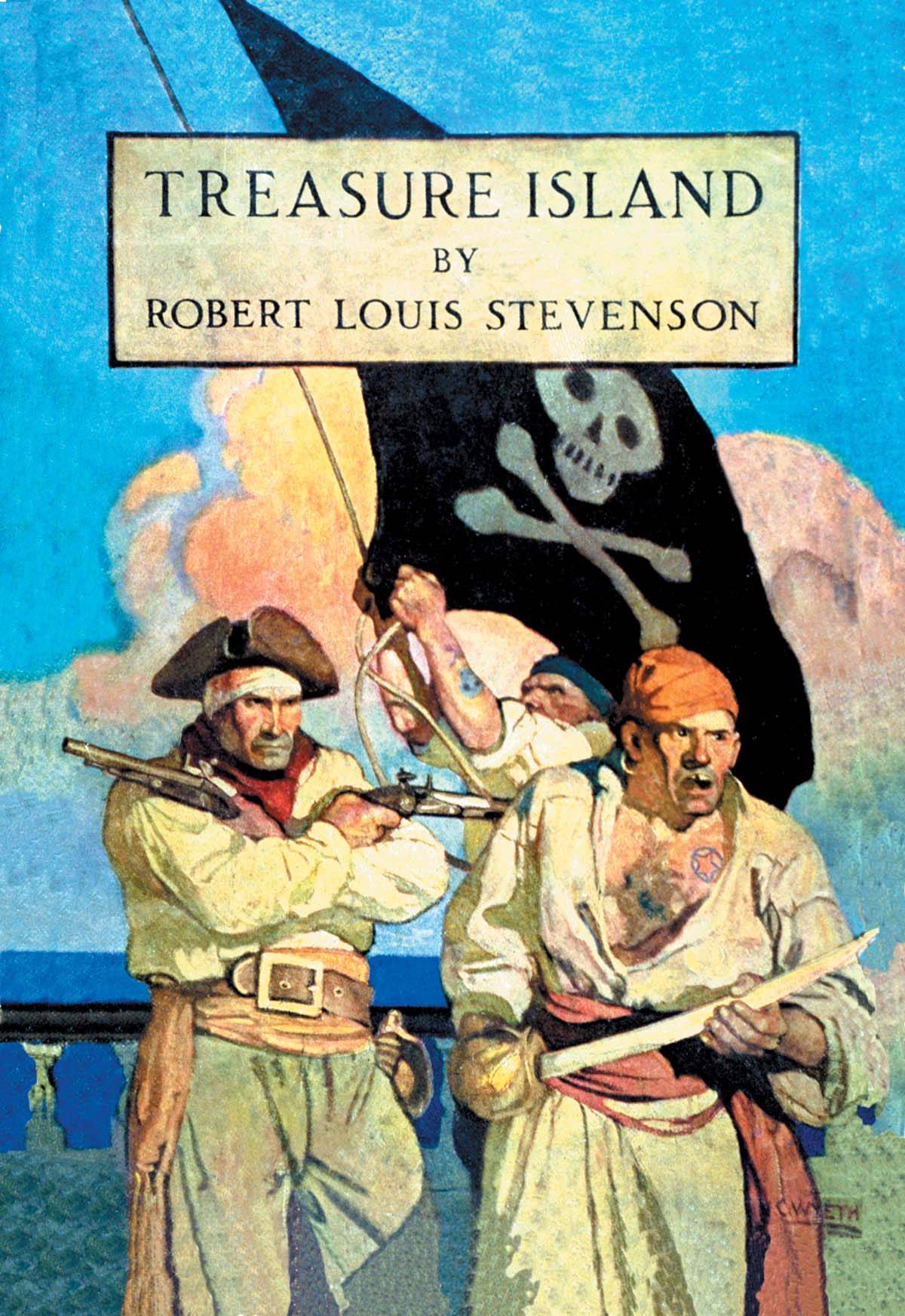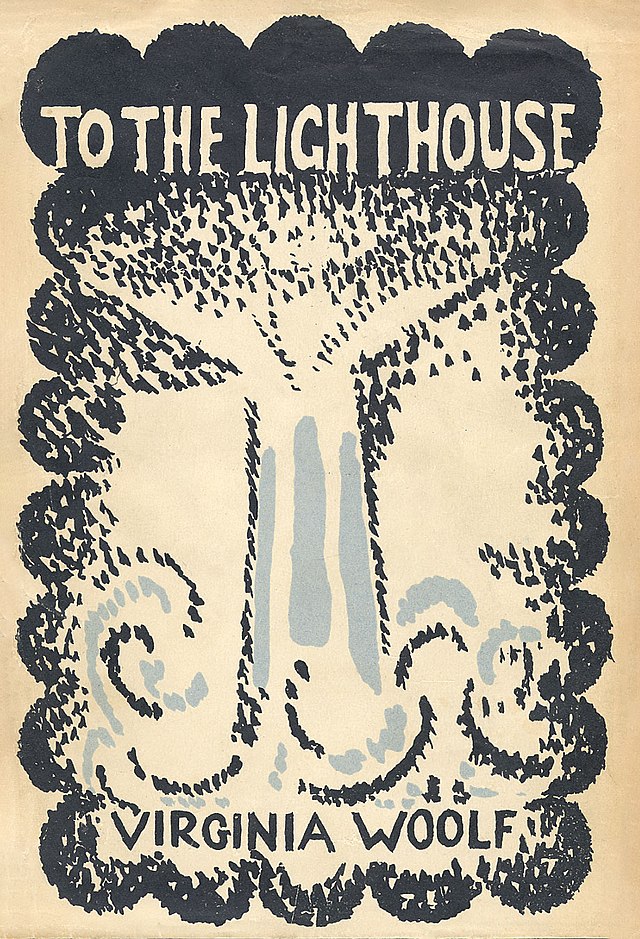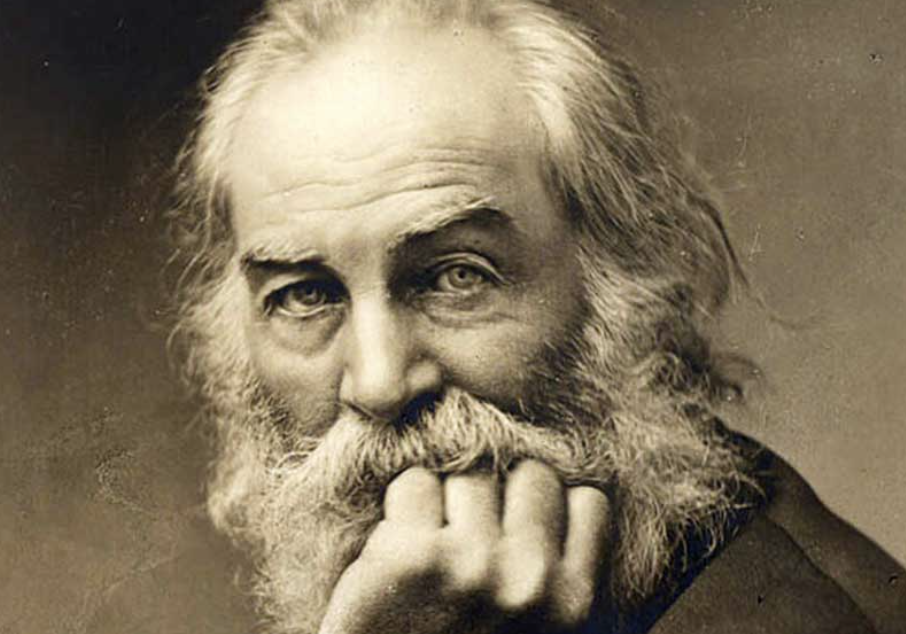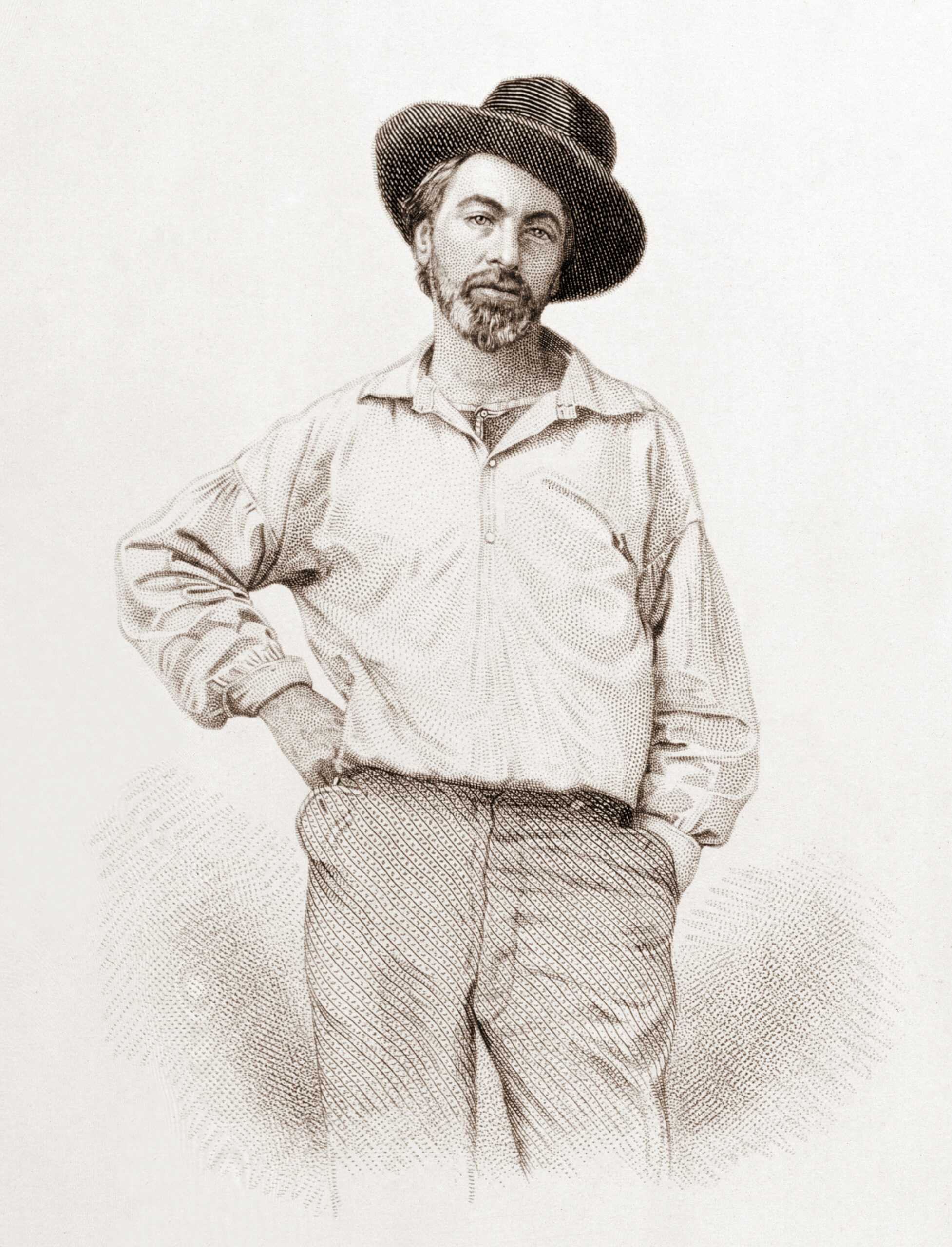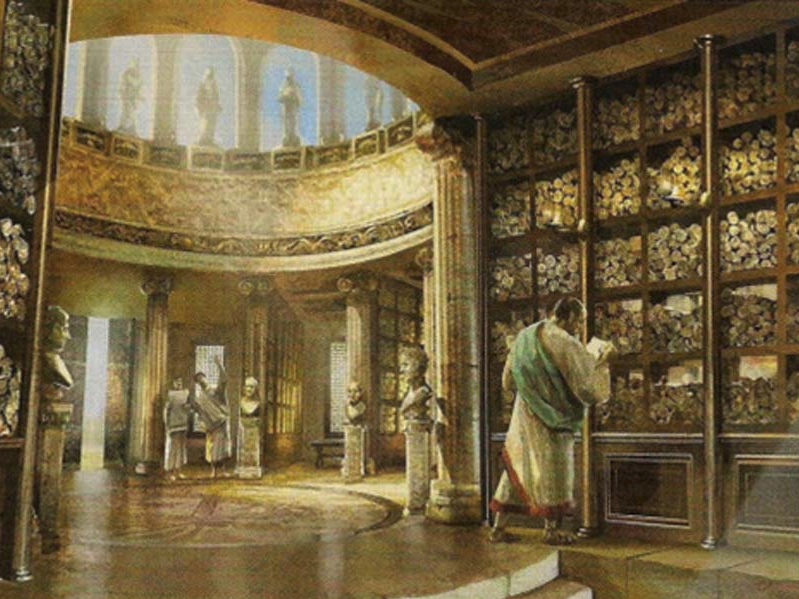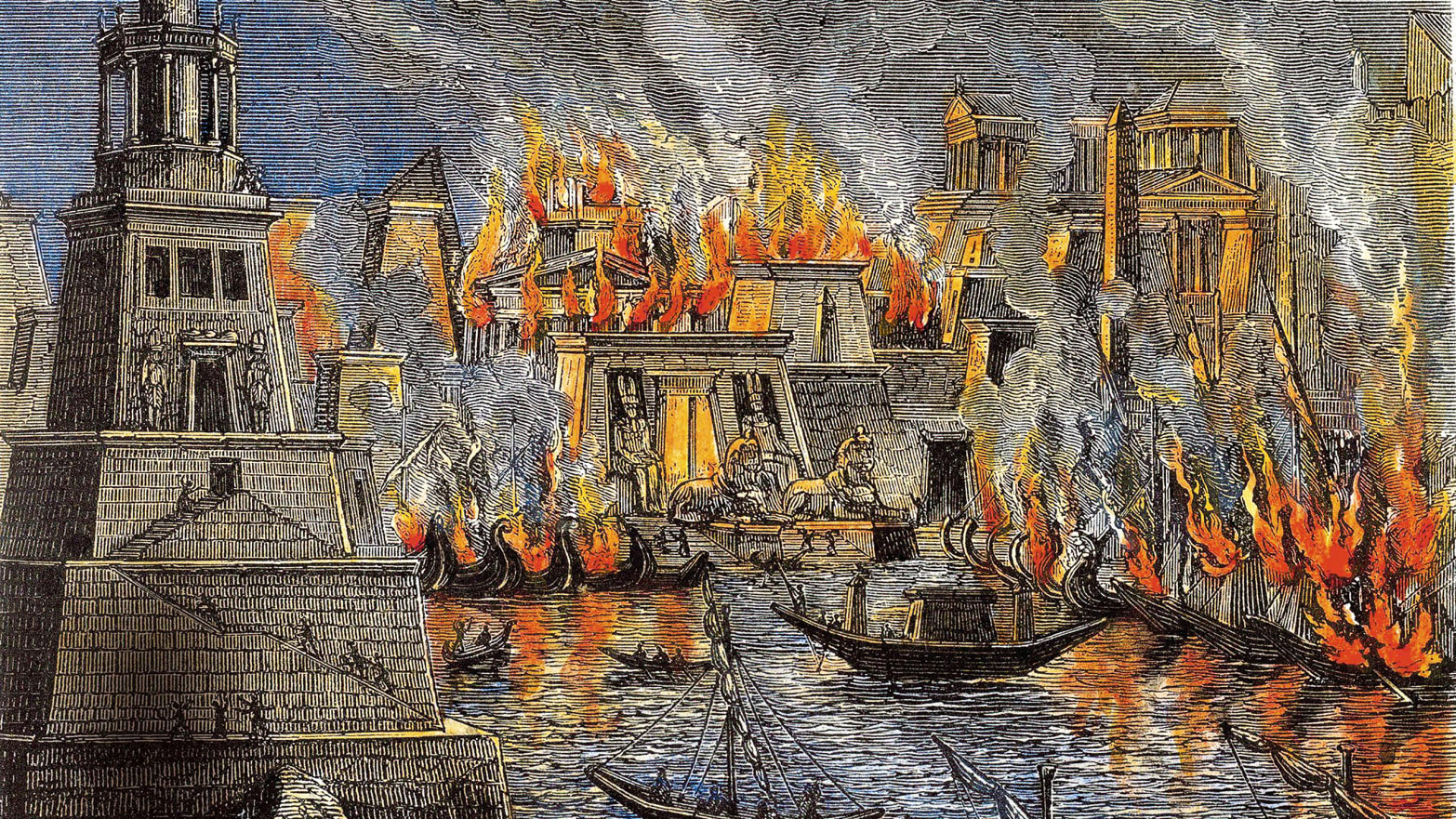
*
As the year 2024 begins, and many of us find ourselves trying to decide if this is finally the year that we are going to establish the perfect morning routine, devote our time to charity work or actually join that gym that stares us down on our way home every day, we think it’s time to take a step back and form more realistic (not to mention more calming) New Years Resolutions. So instead of buckling up to hear what society believes you ought to be doing, pour yourself a tea or a glass of wine, and let’s discuss how we can make 2024 a comfy cozy reading year instead.
1. For the love of whatever you believe in, put your phones down! All our phones seem to do these days is remind us of everything we don’t have and aren’t doing with our lives. I know it’s the toughest ask (which is why we put it first), but if we all were to take a little break from our excessive scrolling, perhaps we’d finally tackle that overly large to-be-read pile next to our beds, and feel better about ourselves before we fall asleep. The only understandable part would be if you’re an e-reader and read books on your phones. That being said, most e-readers are probably not reading our antiquarian bookstore blog!
2. Start a book club. I know, I know, I know… don’t get your pants in a twist. I don’t mean one where you are hosting ten friends once a month and having to set up an instagrammable charcuterie board (which you won’t be doing, because of the break from social media, right?). For all we care, set up the book club with your dog. Your sister. Your partner. It doesn’t have to be an endeavor to be valid! Even just setting aside one night a month to solely discuss a book with your partner or friend at dinner works! Perhaps it will keep you both accountable for reading, even if it is one chapter at a time.
3. Mix it up! Expand your horizons. You may not be a big poetry person… or perhaps you just haven’t found the right poet to read, yet! Pick one book this year that is out of your comfort zone, not something you typically find interesting. And try it. Perhaps it will remind you why you detest sci-fi thrillers. Perhaps you’ll be pleasantly surprised! Do your research and find a book whose subject matter doesn’t make you want to throw it out of a window right off the bat and try something new. No matter how it ends up, you’ll be glad you did. (Or you’ll send us an angry email. Which, to be honest, might be kind of cathartic and you’ll thank us all the same!)
4. Try a blind book draw. A new fad which we’re sure many of you have seen, is where the covers of books (which do influence us, make no mistake) in bookstores and the like are actually wrapped up, with only a description of the plot to nab our attention. Try it! You don’t even need a bookstore to do so. Grab a book-loving friend, privately pick out some titles for each other, and only tell the choosing person the different plots in your own words. Buy or send the books you each choose to each other!
5. Last but not least… just read. Even if it’s one page a day, one page a week. Don’t get caught up in our crazy world so much that you lose the time, ability or interest in reading. Keep your brain active with a book – not just a news headline. You’ll thank us later. 🙂
Happy New Year!


